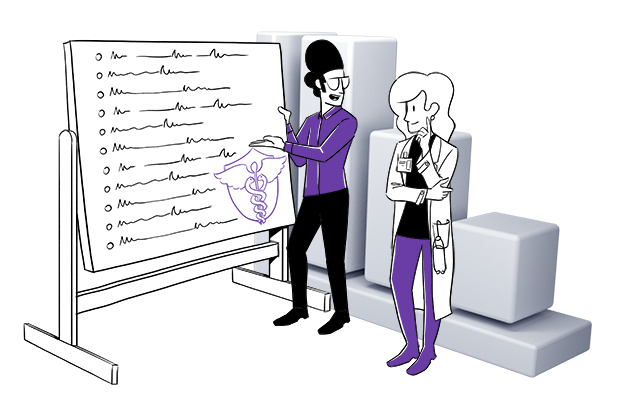Event analytics means collecting and analyzing data on users’ interactions with various elements of your website. This method provides valuable insights into user behavior by tracking the following pieces of data:
- Total events and the average number of events per session.
- Events categorized by type and individual event occurrences.
- Ecommerce metrics, such as average order value and conversion rates.
- Session details, including session duration and pages viewed per session.
By tracking these events, you can gain a deeper understanding of how visitors engage with your website, helping to optimize user experience and improve overall website performance.
Learn more about event analytics from this post: Event-based web analytics: Everything you need to know.










